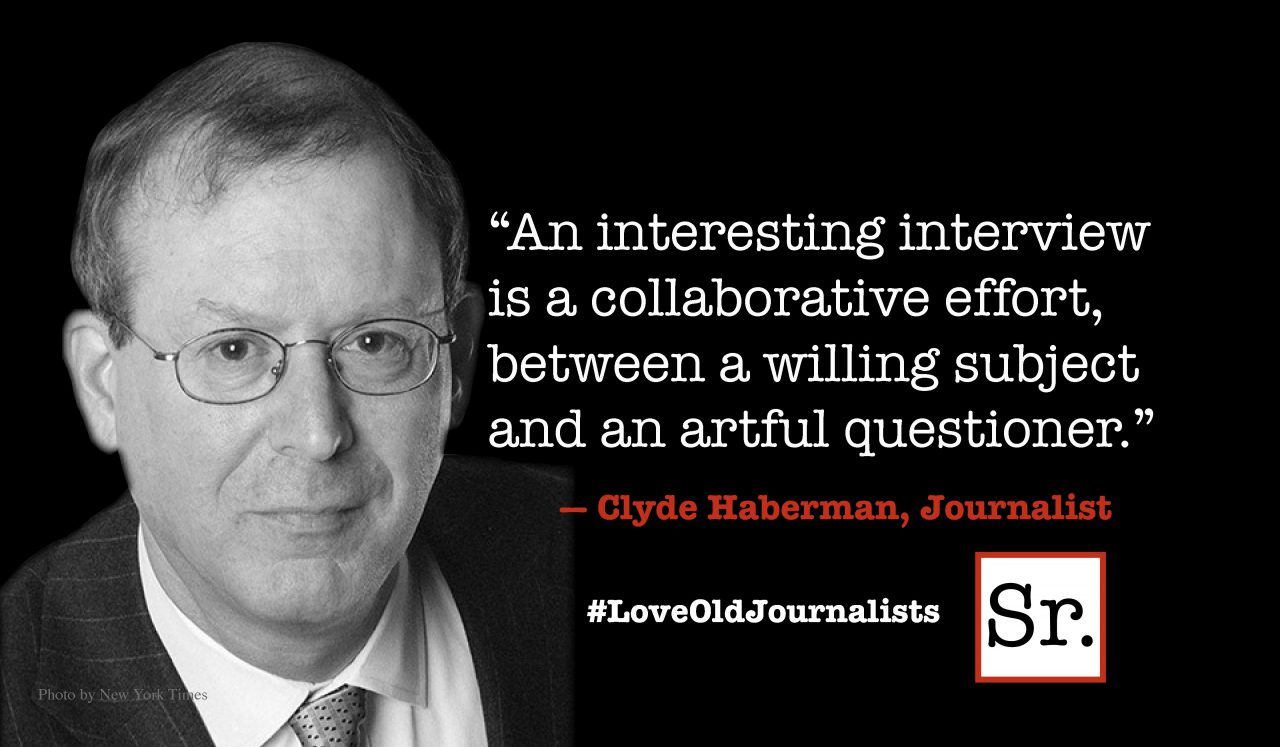What happened to America, the country that won the world’s admiration for its competence, its can-do spirit, its ability to make friends and influence people?
The question is being asked at home and abroad, prompted by public displays of political dysfunction in Washington, government incompetence and revelations of a global surveillance program that tapped the telephones of friendly leaders. To hear public relations experts tell it, Brand America has taken serious blows.
America’s standing has been slipping for several years from the lofty heights of 2009, the first year of Obama’s presidency, when several indices put it at number 1. A year ago, an annual survey compiled by FutureBrand, a global brand consultancy, carried a chapter headlined “An Iconic Brand in Decline” and noted the United States had fallen to eighth place. The events of the fall of 2013 are likely to knock the country down another notch.
First, there was the political crisis that shut down the government in October, brought the United States to the brink of defaulting on its debt, and prompted unflattering comparisons such as New York mayor Michael Bloomberg’s observation that “we look like a Third World country.” Then came the botched launch of the website designed as the gateway to better health care under the president’s Affordable Care Act. Some old enough to remember the heady days of 1969 wondered why the country that sent a man to the moon couldn’t set up a website.
Last not least, there was an unusual outburst of anger and disappointment with the United States from traditional allies and friends. In the Middle East, they included Saudi Arabia, Turkey and Israel. In Latin America, Mexico and Brazil. In Europe, Germany, France and Spain. Their reasons differed but all reflected a lack of confidence in the reliability of the United States, the “one indispensable nation,” as Obama calls it.
Of the three disgruntled allies in the Middle East, the most vocal has been Saudi Arabia, whose leaders object to Obama’s willingness to negotiate an agreement with Iran over its nuclear program and to policy zig-zags on Syria. They veered from threatening a military strike in response to a poison gas attack that killed hundreds of civilians to a U.S.-Russian deal that effectively turned Syrian President Bashar al-Assad into a partner in dismantling his vast chemical arsenal.
Long-simmering Saudi anger burst into the open in October when Saudi Arabia, in a surprise move, refused to take up a seat on the United Nations Security council for which it had lobbied long and vigorously. Prince Bandar bin Sultan, Saudi Arabia’s influential intelligence chief, explained to European diplomats that the decision was meant to sent a message to the U.S. not the UN, about Saud displeasure.
Neither Turkey nor Israel aired their disagreements with Washington in so dramatic a fashion but they left no doubt over their dim views of American policies. In Turkey’s case, the main bone of contention is Syria. In Israel’s case, a possible U.S-Iranian rapprochement.
In Latin America and Europe, America’s image has been tainted by a flurry of revelations that the National Security Agency (NSA) tapped the telephones and read the emails of 35 leaders, including Brazilian President Dilma Roussef and German chancellor Angela Merkel. Ever since the activities of the NSA turned into an international diplomatic scandal, U.S. intelligence officials have suggested that much of the outrage is affected, a kind of political theatre. They argue that everybody has always spied on everybody, friends and foes , the only difference being that the NSA does it better than anybody else. To foreign ears, that sounds like imperial arrogance.
Which is why the reaction has gone beyond routine diplomatic expressions of displeasure, such as summoning the U.S. ambassadors to Berlin, Madrid and Paris to the respective foreign ministries to give explanations of the NSA’s globe-spanning activities. Merkel telephone Obama and complained about the tapping of her phone in unusually harsh language, according to German officials.
And Brazil and Germany joined in an effort at the United Nations to introduce a resolution on the right to privacy. While it would be non-binding once adopted, it would mean another dent in Brand America. Whether and when the brand will regain its slot at the top of the list is a matter of conjecture.
For now, the international euphoria that followed Obama’s election seems like ancient history. Within minutes of the election result on November 4, 2008, American television viewers were treated to what had become very rare images from abroad: large crowds, happily waving — rather than burning — American flags. Brand America was shining brightly.









